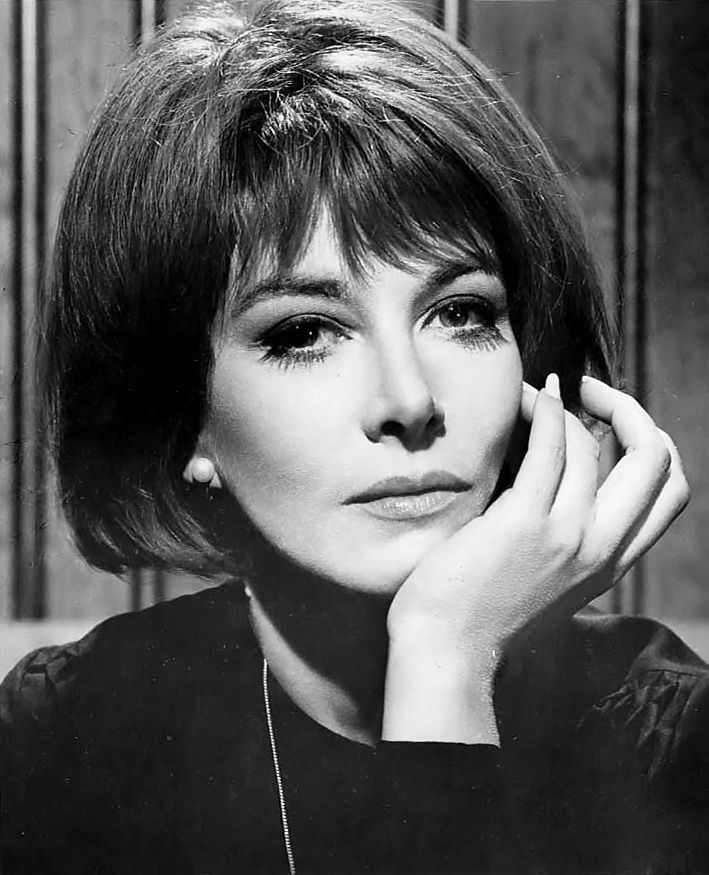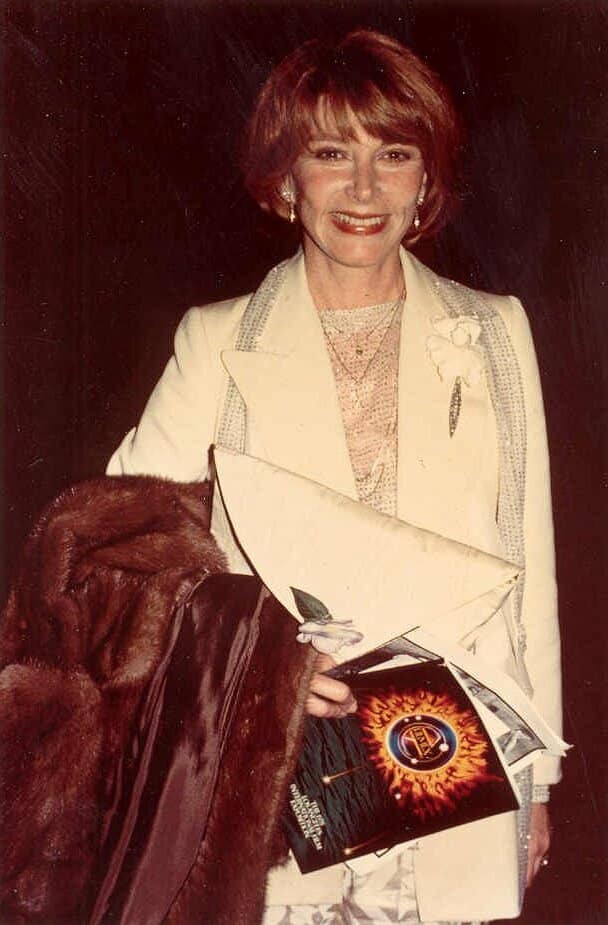Lee Grant, born Lyova Haskell Rosenthal on October 31, 1925, in Manhattan, developed a love for the arts early. At just four years old, she performed at the Metropolitan Opera. She later studied at Juilliard and the Neighborhood Playhouse, preparing for a future in Hollywood.
Grant’s big break came in 1951 with Detective Story, where she played a troubled shoplifter. The role earned her an Academy Award nomination and the Best Actress Award at the Cannes Film Festival. With her striking looks and undeniable talent, she quickly became a rising star.

Hollywood Blacklist
In the early 1950s, Grant’s career faced a sudden halt. She spoke at the funeral of actor J. Edward Bromberg, implying that the stress of being investigated by the House Un-American Activities Committee (HUAC) led to his death. As a result, she was blacklisted, preventing her from working in Hollywood for over a decade.
View this post on Instagram
Despite the setback, Grant refused to give up. By the 1960s, she returned to the screen, earning roles in films like In the Heat of the Night (1967). Her persistence paid off when she won an Academy Award for Best Supporting Actress in Shampoo (1975).
Grant’s talent extended beyond acting. She directed several acclaimed documentaries, winning a Directors Guild of America Award. Her work showcased her ability to tell powerful, thought-provoking stories.

Lee Grant’s Lasting Legacy
Today, Lee Grant remains a symbol of resilience in Hollywood. She overcame industry blacklisting, won an Oscar, and built a successful directing career. Her story proves that perseverance and talent can outshine even the darkest obstacles.
